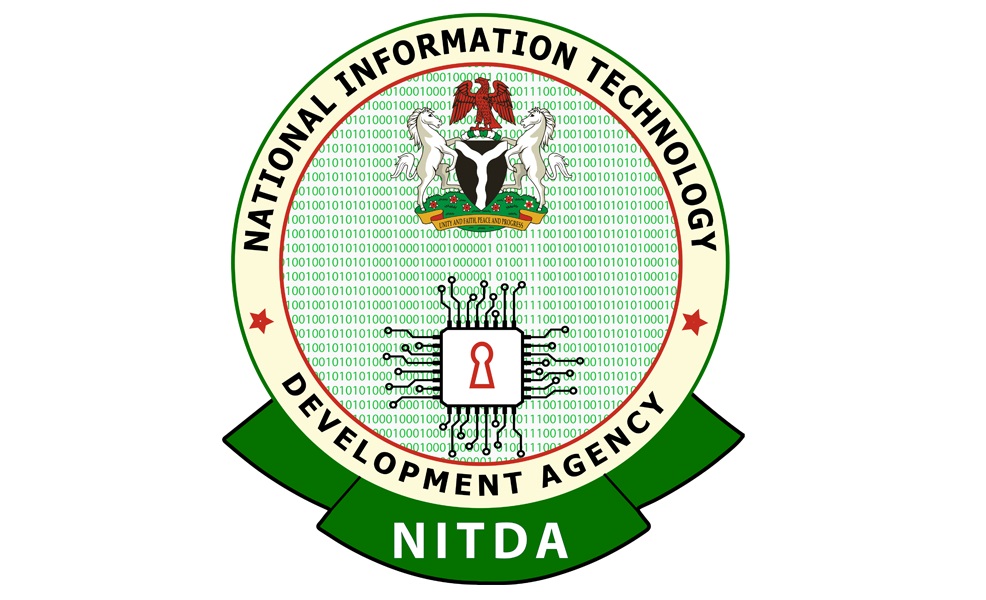NITDA commences ICT training, empowerment for women in s/west
The National Information Technology Development Agency [NITDA] has commenced the South West Zonal Women ICT Training and Empowerment at the Federal Polytechnic Ado-Ekiti. The capacity building programme is aimed at closing the Gender Digital Divide, promoting job creation, financial inclusion and providing women with the necessary skills and tools to participate in the digital economy, […]

The National Information Technology Development Agency [NITDA] has commenced the South West Zonal Women ICT Training and Empowerment at the Federal Polytechnic Ado-Ekiti.
The capacity building programme is aimed at closing the Gender Digital Divide, promoting job creation, financial inclusion and providing women with the necessary skills and tools to participate in the digital economy, a statement by NITDA said at the weekend.
The Director General of NITDA, Kashifu Inuwa Abdullahi who was represented by Dr Vincent Olatunji, Director eGovernment Development and Regulation Department while making his remarks at the 5 day training said, “the programme is part of the Agency’s continuous efforts aimed at implementing the administration’s key priorities of economic diversification, job creation, investing in the Nigerian people and achieving gender balance in economic opportunities. It is also part of NITDA’s strategy towards the realization of Mr President’s promise to take 100 million Nigerians out of poverty in the next 10 years”.
He said, “Unequivocally, women clearly have unequal access to economic opportunities in comparison to men, NITDA believed that technology can bridge the gap. The 100 women being trained are projected to create 300 direct jobs and over 1000 indirect jobs.’
The First Lady of Ekiti State, Mrs Bisi Fayemi, said the administration of Dr Kayode Fayemi had been passionate about gender promotion, particularly women empowerment and promulgation of laws that can tackle socio-cultural and economic impediments against women.
